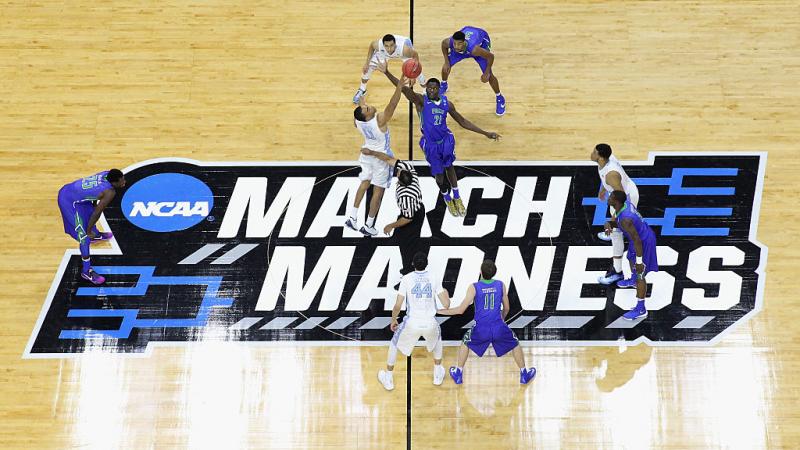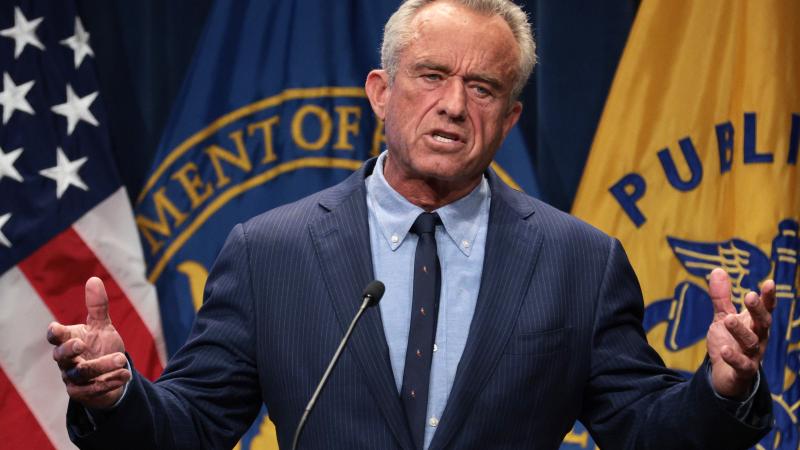New Army recruiting ads mocked as 'woke, emasculated' — but will they reach Gen Z target demo?
"The Calling" campaign did well in focus groups among 18-24-year-olds, officials said. But the segments on YouTube brought more downvotes than upvotes, and the Army ended up disabling comments.
A controversial Army recruiting campaign is too new to determine whether it is drawing recruits into the service, according to Army officials, who say they will gauge the campaign's results later this month.
The campaign, titled "The Calling," appears on YouTube, and combines animated and live-action video to highlight the stories of real individual soldiers. Although the Army says the campaign resonated with target-audience focus groups, critics have lambasted the ads as catering to anemic sensibilities, particularly when compared to adversaries' ad campaigns.
"The Calling" contains five segments featuring real soldiers who talk about why they joined the Army. Against a backdrop of dramatic music, the demographically diverse soldiers explain the challenges and hardships they faced while growing up and how they came to see the Army as a positive career choice.
The most widely discussed segment is about "Emma," who was raised by two lesbian mothers. Additional segments feature "Jennifer," whose traumatic childhood inspired her to help others; "David," who thought he wasn't smart enough to become a helicopter pilot (spoiler: he was); and two other soldiers who also overcame challenges.
Critics skewered the ads for presenting what they saw as frailty instead of strength.
Republican Sen. Ted Cruz of Texas went on Twitter to slam "The Calling" for depicting a "woke, emasculated" Army.
One former Army officer Just the News interviewed questioned the ads' purpose.
"What audience did this attempt to reach?" wondered former Army public affairs officer John Wagner. "Just to show how 'woke' the Army is? This material is aimed not at recruiting, as it should have been, but at trying to show something that is not a core principle of defending our nation. Who's going to rethink joining after this?''
Cruz compared "The Calling" series to videos from Russia and China, where the armed forces are depicted as powerful fighters using top-notch equipment.
Unlike the United States, though, the Russian and Chinese militaries obtain their recruits via forms of conscription, and those foreign armies face their own unique challenges.
In Russia, the widespread brutal hazing of lower ranking troops sparked such antipathy that the defense ministry has focused on bolstering military pride, in part by producing "tough guy" videos.
In China, the military is largely untried in combat, and has produced videos to showcase the Peoples Liberation Army's technical prowess.
The true test of the U.S. Army's "The Calling" ads is whether they appeal to the "Generation Z" demographic of 18-24-year-old Americans, officials told Just the News.
"We tested the ads with the Gen Z market," Army marketing official Laura DeFrancisco said. "We're trying to get them with the soldiers' backstories. This was to show that these soldiers are relatable. What was their backstory? We went for the authenticity. Who are you? We used the storytelling approach."
And, while the ads did well in the focus groups, the segments on YouTube brought more downvotes than upvotes. The series brought so much backlash that the Army disabled comments on the entire series.
"We don't know from the comments if those are coming from people in our target audience, or elsewhere," DeFrancisco said.
The series also spawned parody, including a video about "PVT Potato," who escaped a cult and was living in a mall parking garage when an Army recruiter gave him a backpack and a water bottle, prompting him to enlist. The parody brought a stream of comments, many of which skewered the genuine series.
"It's unfortunate because we're really happy with these ads," DeFrancisco said. "Our ads are created to drive conversation and get them to talk to recruiters."
Recruiting has been a topic of attention in the U.S. since July 1973, when conscription ended, and the U.S. military became an all-volunteer force. For decades, the subject has spawned studies, reports, and speeches from an array of experts. A 1994 GAO report concluded that the services needed to employ "more innovative approaches" to recruiting. By 2019, the Army faced long-term recruiting challenges, according to then-acting Army Secretary Ryan McCarthy.
The challenges have included how to build a force where many recruits need waivers for past drug use, or for mental health or legal issues. Potential recruits also are screened for obesity — a condition that disqualifies them from serving.
A 2019 report from the RAND Corporation encouraged the Army to leverage social media, and to "gain a better understanding of the audience for different communication channels."
One long-running and successful campaign, "What's Your Warrior," is a more traditional appeal to potential soldiers, and appears on television. The muscular ads feature athletic fighters using sniper rifles, artillery, knives, drones, and medical gear, among other things. The campaign "showcases the breadth and depth of opportunities and inspires a new generation of youth to discover their inner warriors and serve as part of America's greatest team," according to the Army.
Whereas "What's Your Warrior" brings enough results to remain on television, "The Calling" campaign on YouTube so far is inconclusive.
"No one has walked into my shop and said, 'I'm here because I saw those ads,'" one Tampa, Florida-based recruiter told Just the News. The recruiter was among three who spoke without attribution because they are on active duty and are not authorized to speak to the press. All three recruiters shared the same inconclusive finding — as did the Army.
"We are looking at that," DeFrancisco said. So far, the results are not in. "I have not heard any anecdotal response."
The campaign was slated for a seven-week run. Army marketing officials will examine the results on June 20, to gauge how well the campaign performed.
Said DeFrancisco: "This is the first time we've done something like this."















